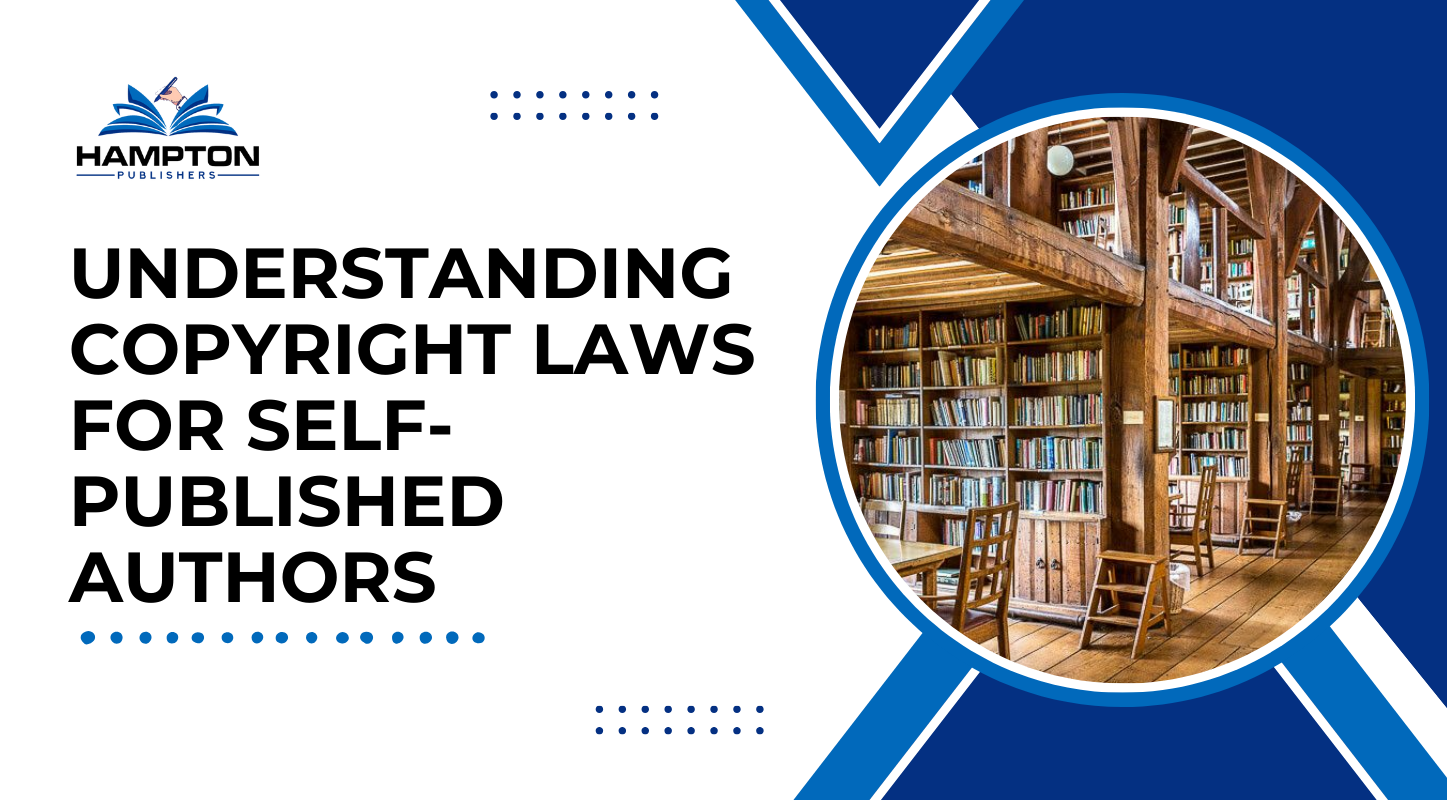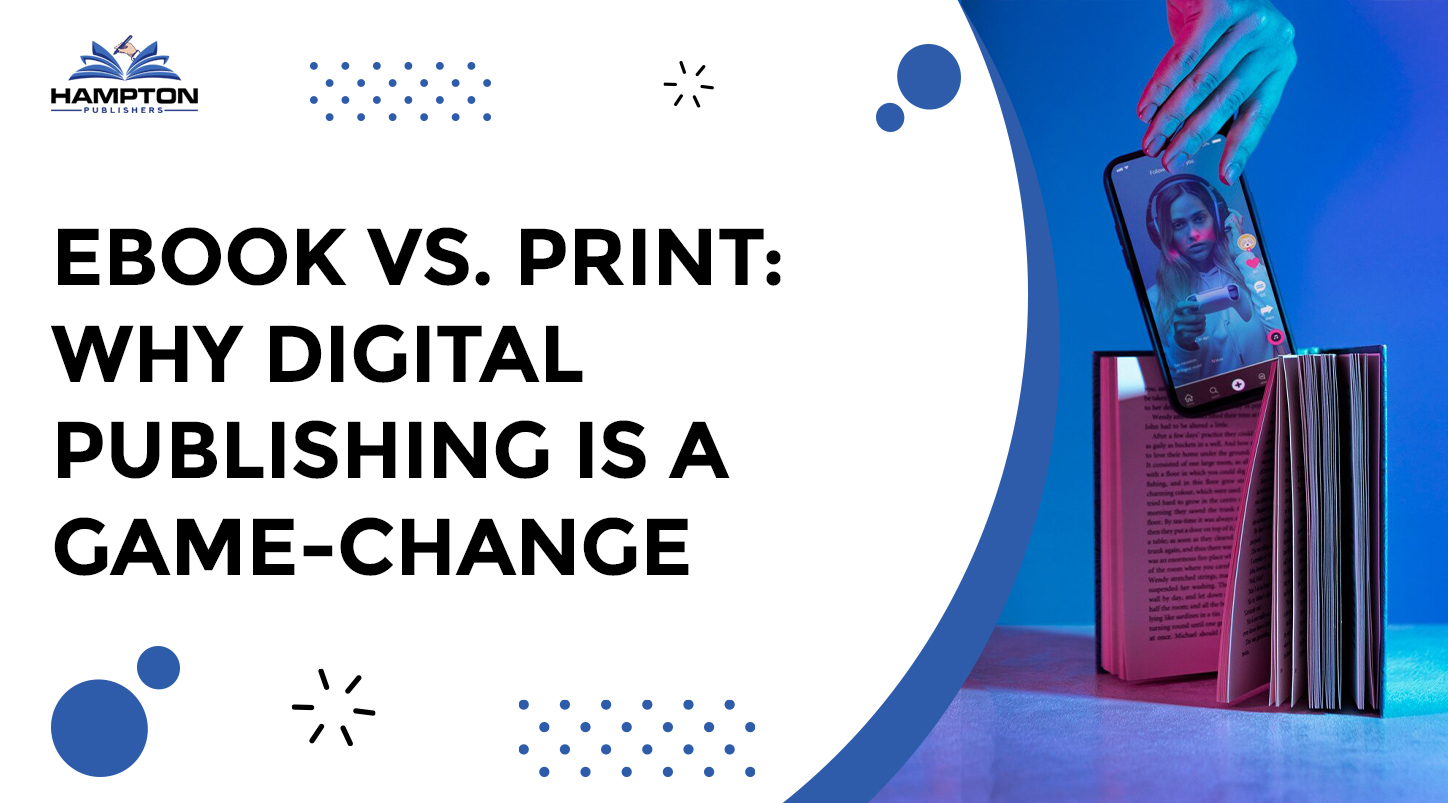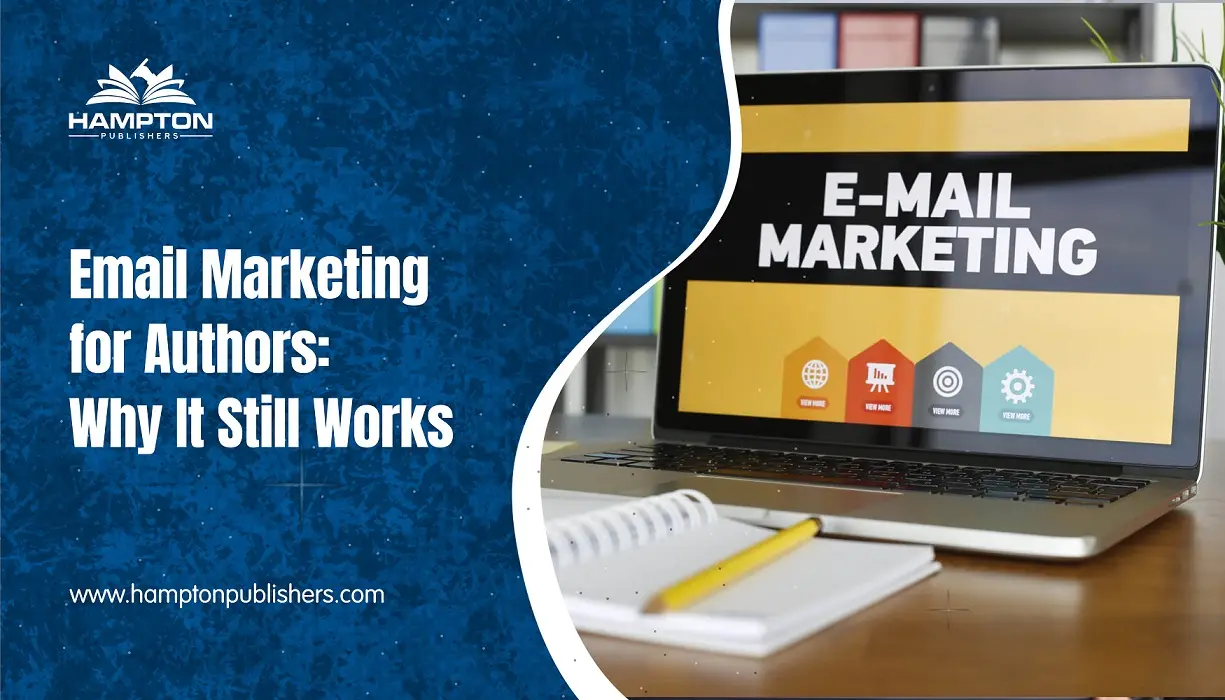Understanding Copyright Laws for Self-Published Authors

Introduction
One crucial thing that self-published authors need to understand is copyright. This is something that matters in self-publishing the most. Therefore, authors need to protect their copyrights so that they can own their writings. However, understanding copyright can be difficult. For instance, there are certain areas that are protected by copyright while others don’t. Therefore, we are going to discuss copyright law in a comprehensive way to help you understand the situation. Keep reading ahead and learn.
What Is A Copyright?
Imagine you have written a book. You put all your efforts into writing, proofreading, editing, and formatting it. Eventually, you publish it on your own and start earning handsome royalty on it. After some time, you come to know that another publisher is selling your book without informing you. How would you feel? Frustrated, angry, and madden? Right! A copyright gives you a chance to protect your book from being sold by another publisher without giving you the deserved royalty. It means nobody can sell your copy without buying copyrights. Until you don’t sell them your copyrights, nobody can legally sell your books.
Things That Are Not Covered By Copyright:
Alright, you have claimed your copyright. But wait! There are things that can be protected by copyright, meaning you cannot claim them to be your property. For example, you have published a history fiction and took readers to some historical places. Some other writer mentions those places in an authentic work of history. No copyright can be applied here because it is not your idea. This is a general situation. Besides, your book title, some phrases, themes, and plot cannot be claimed to have yours. Of course, the way you put them into words is solely your property. If someone tries to follow the same phrases, sentences, wording, and lexicon, you can claim copyright. But, the idea behind those words is general and can be proposed by anybody, anywhere and anytime. Look! The idea behind a painting, a music composition, or a piece of poetry is an abstract thing, but the medium, colors, notes, and words can be claimed to be yours. Because these are the mediums by which you convey your idea. If the same idea is conveyed in a completely different medium, you cannot cry upon it. Writers, musicians, and painters have their own mediums and styles.
Do You Really Need to Register Your Copyright?
The simple answer is “No.” You don’t need to register your copyright. From the moment you write or save your work, including drafts and edits, copyright law protects it automatically. It means, your book is legally yours and there is no need to register it. However, registering your copyright has some advantages for you. First of all, it creates a public record of your book and can be used in any process in the future. For self-published authors, it takes their efforts to handle copyright and other process that come after your book is published. On the other hand, if you have a traditional publisher, your copyright will be handled by them.
Conclusion
Alongside other aspects of self-publishing, self-published authors have to pay attention to copyright. It is a main concern of many self-published authors. Understanding copyright, its registration, and the processes it involves must be understood in order to claim your rights. In this blog, we have shed light on the basic and important aspects of copyright to provide you with a comprehensive understanding. Now, if you have further queries or need eBook publishing and writing services, reach out to Hampton Publishers, a place where ideas become reality.Related Blogs
Ebook vs. Print: Why Digital Publishing is a Game-Change
Comparing Ebook vs Print and why modern-day digital publishing is a game changer for authors
Email Marketing for Authors: Why It Still Works
Email marketing stands out as one of the most powerful, cost-effective approaches for authors who are looking to connect, engage, and grow their readership.
Book Marketing Trends for 2025 and Beyond
Discover the emerging trends in book marketing. Learn how to leverage social media, E-book writing, and self-publishing to boost your book's success.
Sign Up Now to Get
60% Off
Thanks for choosing us, Your publishing journey starts now.





